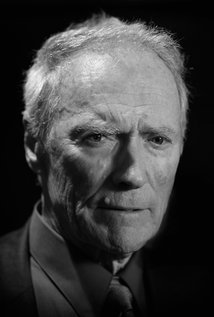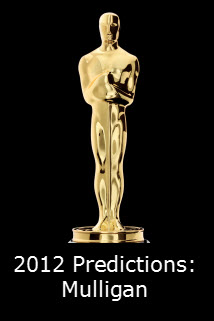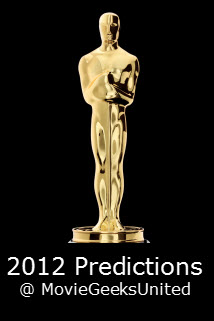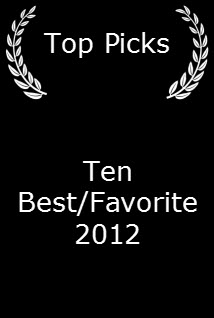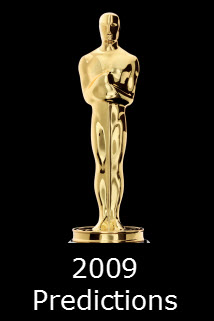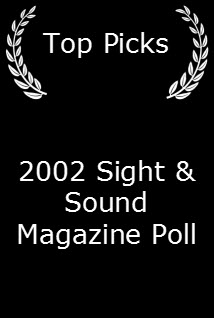Django Unchained (2012)


Content by Tony Macklin. Originally published on January 6, 2013 @ tonymacklin.net.
Django Unchained is part Red Bull and part bloody bubble bath.
It's a hoot and a holler.
Director/writer Quentin Tarantino sends myth reeling.
Those of us who were afraid Quentin may have made just a self-indulgent marathon slog (it's 165 minutes) were in for a nice surprise. We should have known better.
I was just recovered from the flu when I finally saw Django Unchained. Then I caught Tarantino flu. Fortunately it comes with his own medicine - Quentin's quinine. It's his personal brew.
Django Unchained begins in Texas in 1858 and winds up in Mississippi. Django (Jamie Foxx) is a slave who is set free by a German bounty hunter, because he can identify a trio of brothers whom the bounty hunter is pursuing.
The bounty hunter is Dr. King Schultz (Christoph Waltz). Dr. King - get it? Django and Dr. King team up. They agree that Django will identify King's targets, and eventually the two partners will find Django's wife (Kerry Washington) who is still a slave somewhere.
A bounty of crimson bodies awaits us.
Tarantino often has travelled down past roads. As in Inglourious Basterds (2009) Quentin pokes holes in history. He has deft flair in doing so.
But what could he add to the western?
When the perverse plantation owner Calvin Candie - overseer of Candieland - says, "Let's keep it funny," he is speaking for the whole film.
Quentin has an active sense of humor. He has a heavy hand, but often he has a light touch. Quentin makes a fist and raises a middle finger.
In making Django Unchained, Quentin has dipped into Spaghetti Westerns, Blaxploitaton movies, and his own fervid imagination.
He has come out swinging.
Like Hitchcock, at times he has his tongue firmly in his cheek. Also like Hitch, the explosive director Quentin makes an appearance in his film.
What is especially welcome is Tarantino's affinity for language, and his imaginative vision. Django Unchained is a cauldron of creativity.
Some people complain that QT doesn't have a mind of his own. He does use the past, but he's not stuck in it. He wriggles free. He has a lively, entertaining vision.
Quentin's dialogue is clever, bold, and sly. But it can be a bit long-winded. Quentin channels director Sergio Leone, especially in his use of close-ups.
But occasionally as the movie becomes a bit garrulous, we may wish for Charles Bronson's strong, silent hero in Leoni's masterwork Once Upon a Time in the West (1968).
Quentin's dialogue has barbs. When King has a queasy reaction as he sees vicious dogs attack a slave, Django says, "I'm just a little more used to Americans than he is."
Later the film has a suspend-your-disbelief moment in the way the relationship between Django and Broomhilde is uncovered, but the film survives it.
One major stroke of great fortune is the casting of Christoph Waltz as Dr. King. If he doesn't steal the film, he certainly borrows it. What Waltz does is that he keeps the film credible, which gives it strength.
Jamie Foxx is effective as the heroic, unchained, former slave. Leonardo DiCaprio has perverse panache as the egregious plantation owner.
Kerry Washington gives her character vitality.
Tarantino veteran Samuel L. Jackson is perhaps the most cartoonish character in the film. When Waltz leaves and Jackson replaces him as a focal force, Django Unchained becomes more facile in character and bloodshed. But the die has been cast.
Cinematographer Robert Richardson - three-time Oscar winner - creates an evocative ambiance to Django Unchained.
I've added Django Unchained as an addendum to my best/favorite ten list of 2012, since I didn't see it until after I had written my list. It's a worthy, piquant addition.
Hardly any viewers stay for the credits in movies. I was the only one left in the theater to see Quentin's send-up of the Lone Ranger after the credits.
Throughout Django Unchained, you can almost see Quentin grinning.
Who was that misunderstood director?
